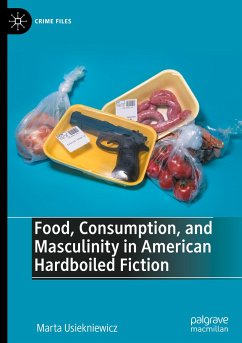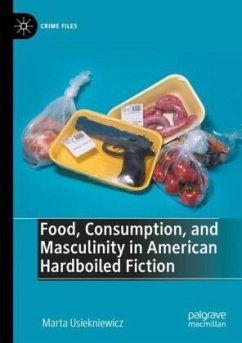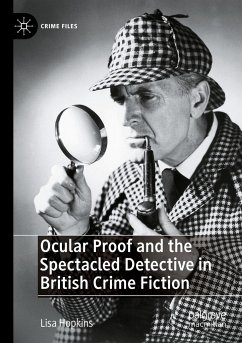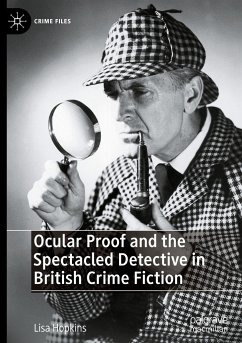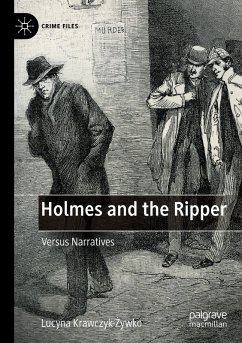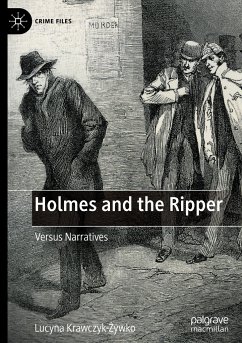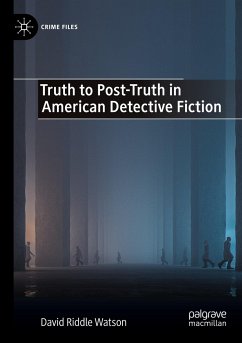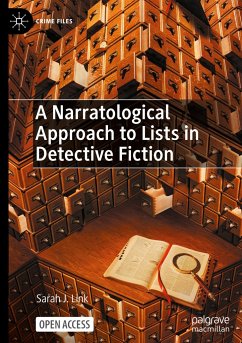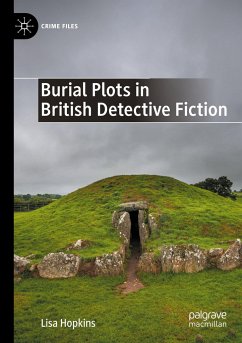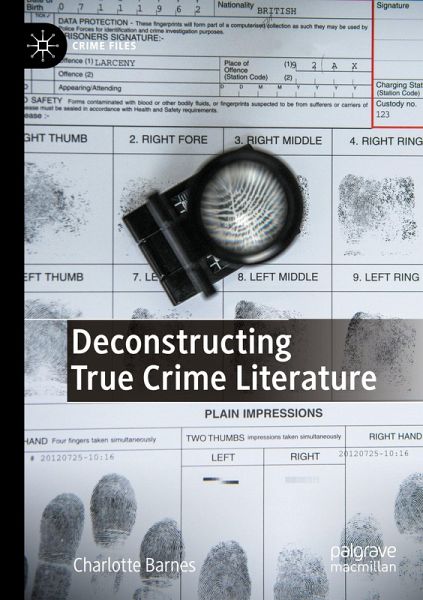
Deconstructing True Crime Literature
Versandkostenfrei!
Versandfertig in 6-10 Tagen
83,99 €
inkl. MwSt.
Weitere Ausgaben:

PAYBACK Punkte
42 °P sammeln!
This book provides a critical discussion of True Crime literature, arguing for the deconstruction of the genre into subgenres that better reflect a work's contents. In analysing seminal and lesser-known works, the areas of authenticity, accuracy, and author proximity are considered to form a framework on which an individual publication's subgenre (re)categorisation can be assessed. The book considers the likes of Ann Rule, Truman Capote, and Maggie Nelson, among other notable authors. Their works - those that fit into True Crime and those that defy categorisation within the genre as it exists ...
This book provides a critical discussion of True Crime literature, arguing for the deconstruction of the genre into subgenres that better reflect a work's contents. In analysing seminal and lesser-known works, the areas of authenticity, accuracy, and author proximity are considered to form a framework on which an individual publication's subgenre (re)categorisation can be assessed. The book considers the likes of Ann Rule, Truman Capote, and Maggie Nelson, among other notable authors. Their works - those that fit into True Crime and those that defy categorisation within the genre as it exists - are reviewed, and their defining features critiqued. Topics such as narrative methodologies, figurative language, and utilisation of research are considered in support of this. These strands combine to a larger discussion regarding a deconstruction of True Crime, and the ways in which this will improve the social responsibility of the genre, and encourage a more conscientious consumerism of it.



